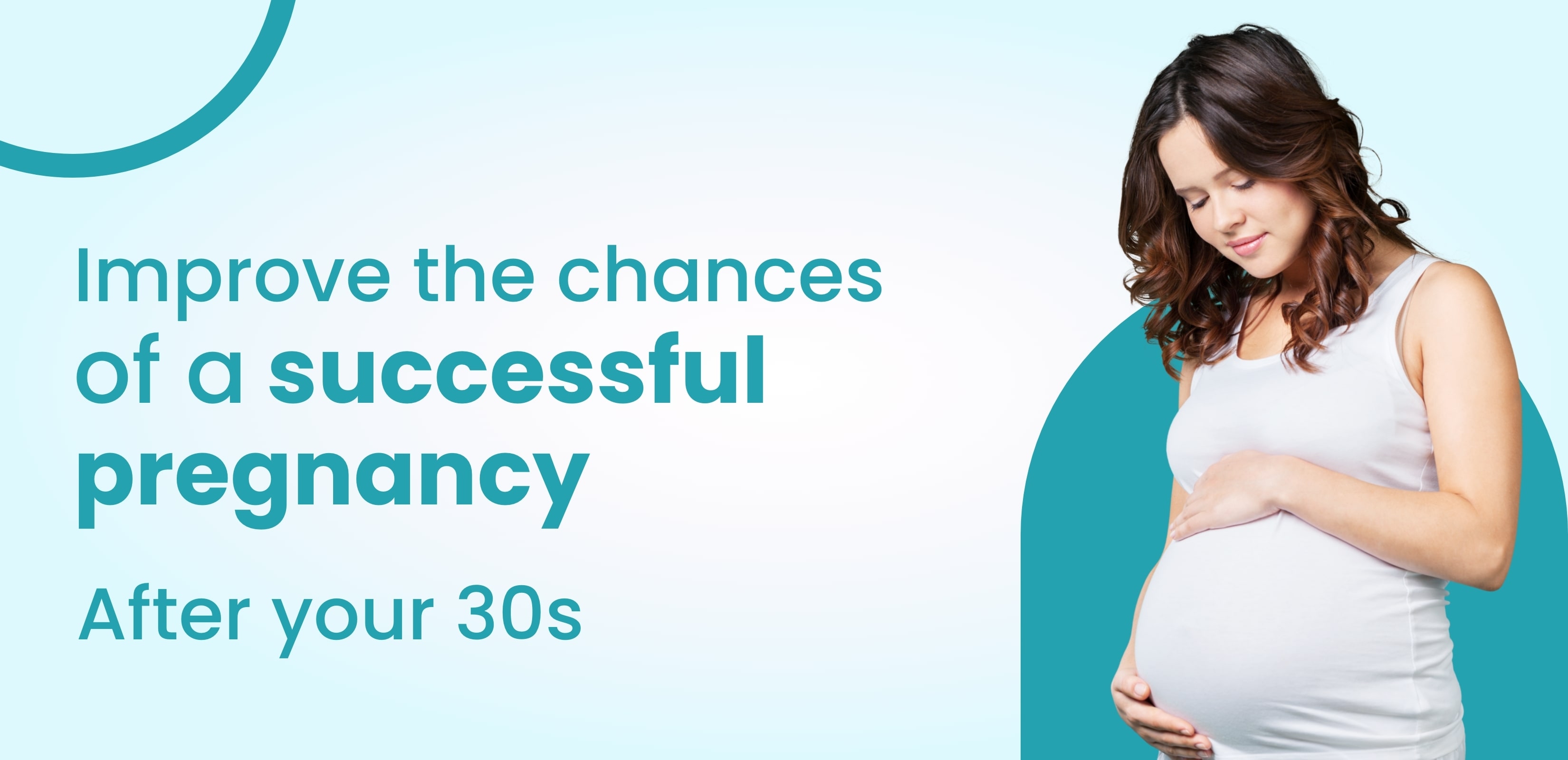
You may find getting pregnant a bit more difficult at this age. While it's impossible to increase the number of your fertility eggs, you can take a few steps to improve your fertility to increase your chances of conceiving in pregnancy. Your doctor can refer you to a fertility specialist if you cannot conceive after a year or six months of trying if you are over 35.
As women's fertility naturally declines as they enter their thirties, it's especially important to look after your fertility as you try for another child or plan your future. As a general guideline for how to boost fertility in your 30s naturally, here are some tips for getting pregnant at 30-35:
If you're in your 30s and thinking to conceive in pregnancy, there are many things you can do to boost your fertility. By making simple lifestyle changes, like eating a healthy diet, exercising regularly, and reducing stress, you can increase your chances of getting pregnant and having a healthy pregnancy.
Additionally, seeking medical advice and considering fertility treatments can be effective options. Remember, everyone's fertility journey is unique, and there's no one-size-fits-all approach. Taking control of your health and working with your healthcare provider can increase your chances of conceiving and starting the family of your dreams.
Your email address will not be published. Required fields are marked *